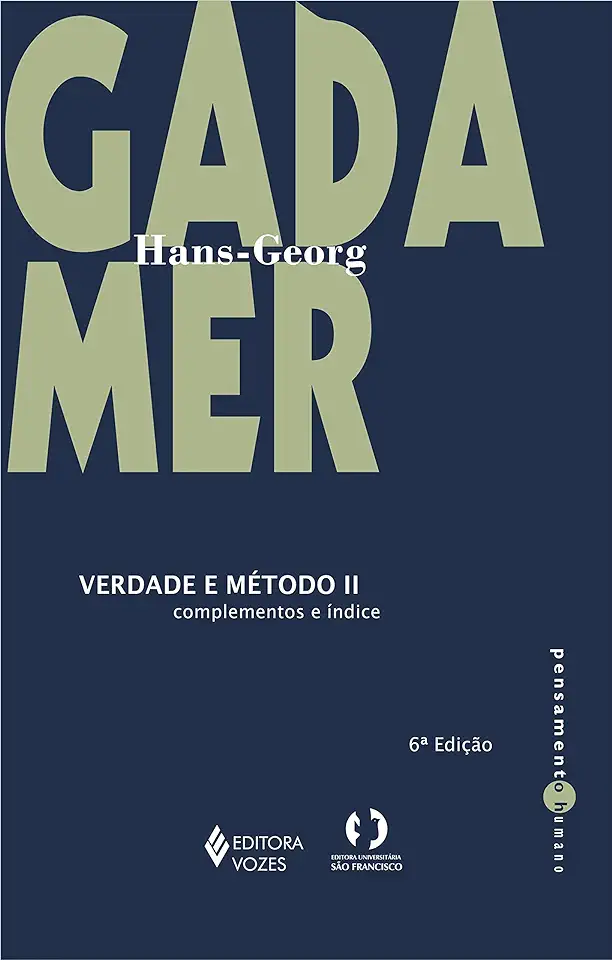
Truth and Method - Hans Georg Gadamer
Truth and Method: A Philosophical Inquiry into the Foundations of the Human Sciences
In his seminal work, Truth and Method, Hans-Georg Gadamer offers a profound exploration of the nature of truth and the methods by which we come to know it. Gadamer argues that truth is not something that can be objectively discovered, but rather something that is constructed through our interactions with the world around us. He draws on a wide range of philosophical traditions, including phenomenology, hermeneutics, and existentialism, to develop a theory of truth that is both comprehensive and insightful.
Gadamer's Critique of Traditional Epistemology
Gadamer begins by critiquing traditional epistemology, which he argues is based on a false dichotomy between subject and object. He argues that this dichotomy leads to a distorted view of truth, as it assumes that truth is something that can be known independently of our own experiences and interpretations. Gadamer instead proposes a hermeneutic approach to truth, which emphasizes the role of interpretation in our understanding of the world.
The Hermeneutic Circle
Gadamer's hermeneutic approach is based on the idea of the hermeneutic circle, which refers to the cyclical relationship between understanding and interpretation. He argues that we can only understand something by interpreting it, and that our interpretations are always shaped by our own experiences and prejudices. However, this does not mean that our interpretations are arbitrary or subjective. Rather, Gadamer argues that we can achieve a deeper understanding of the world by engaging in a critical dialogue with our own interpretations.
The Importance of Tradition
Gadamer also emphasizes the importance of tradition in our understanding of truth. He argues that we are always situated within a particular tradition, and that our interpretations of the world are shaped by the values and beliefs of that tradition. However, Gadamer does not believe that tradition is something that we are simply bound by. Rather, he argues that we can use tradition as a resource for understanding the world, and that we can critically engage with tradition in order to develop new and more adequate interpretations.
The Significance of Truth and Method
Truth and Method is a major work of philosophy that has had a profound impact on our understanding of truth and knowledge. Gadamer's hermeneutic approach to truth offers a new way of thinking about how we come to know the world, and it has important implications for a wide range of disciplines, including philosophy, history, literature, and social science. Truth and Method is a challenging but rewarding read that is essential for anyone interested in the nature of truth and the foundations of human knowledge.
Why You Should Read Truth and Method
If you are interested in any of the following topics, then you should read Truth and Method:
- The nature of truth
- The methods by which we come to know the world
- The relationship between subject and object
- The role of interpretation in our understanding of the world
- The importance of tradition in our understanding of truth
- The foundations of the human sciences
Truth and Method is a challenging but rewarding read that will change the way you think about truth and knowledge. It is a must-read for anyone interested in philosophy, history, literature, or social science.
Enjoyed the summary? Discover all the details and take your reading to the next level — [click here to view the book on Amazon!]